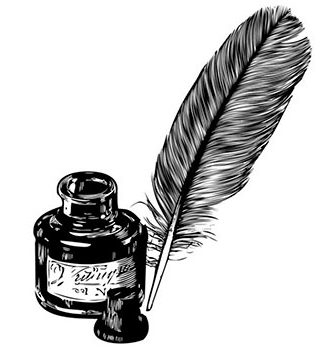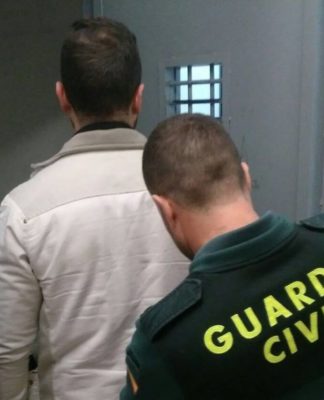Tour de France

GB star Mark ‘The Manx Missile’ Cavendish (now aged 39) has officially retired from competitive cycling – the Tour de France, in which he has ridden since 2008, being his last race, so he says!
With 55 Grand Tour stage victories to his name (the third highest of all-time), a record 35 stage victories in the Tour de France (up to 2024), and also an overall tally of 165 professional victories (second best of all-time). His ‘team’ sponsor was Astana Qazaqstan.
The inaugural Tour de France cycle race was held over 120 years ago, back in 1903, and it was won, comfortably, by home favourite Maurice Garin. He actually finished first again in 1904 but on this occasion, along with eight other riders, he was disqualified for cheating (see below).
For many years the annual somewhat gruelling road race always started and ended in France, but as time passed by other countries were asked to arrange for stages to take place within their boundaries. And right now the race itself has passed through 893 towns and cities around Europe.
A total of 14 European different countries have obliged, whereby the annual ‘Tour’ has now started in France, Belgium, Switzerland, Luxemburg, Spain, Italy, Germany, The Netherlands, Andorra, Monaco, United Kingdom/GB, Ireland, Denmark and San Marino. More than 2,300 stages France alone have taken place, with Paris itself obliging with 146, followed by Bordeaux with 81 and Pau 76.
Four riders – Jacques Anquitil, Eddy Merckx, Bernard Hinault and Miguel Indurain (Spain) – have all won the ‘T of F’ five times; the best GB riders is Chris Froome with four.
As mentioned earlier, GB’s Mark Cavendish holds the record for most stage wins (35), one more than Merckx with Hinault on 28
Each competitor who takes part in the sometimes gruelling 21-stage Tour de France (covering a 23 to 24-day period, pedals at least 3,500 kms/2,200 miles and on average takes in between 80 and 85 miles in total on the road.
FACT:
Such was the passion which the first Tour created involving spectators and riders that the official organisers – Desgrange – publicly said the 1904 event would be the last! Cheating was rife, and riders were occasionally knocked off their bikes and beaten up by rival fans as they neared the top of the Col de la République, also called the Col du Grand Bois, just outside St-Étienne.
Eight leading riders, including the winner Maurice Garin, were all disqualified, though it took the Union Vélocipèdique de France five months, until late November, to make that decision. It is said that Garin and others actually jumped on a train during the race to gain a huge advantage.
As it was, passions remained high, very high, until that final decision was reached and Desgrange’s opinion of the fighting and cheating was duly published as a headline in the magazine L’Auto.































